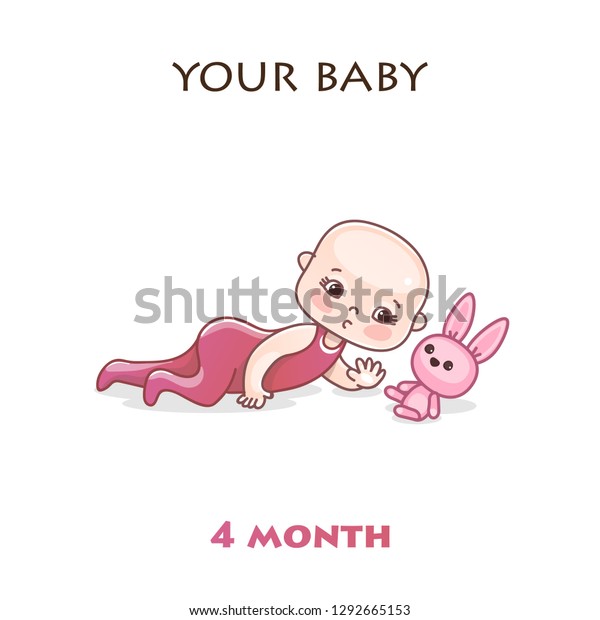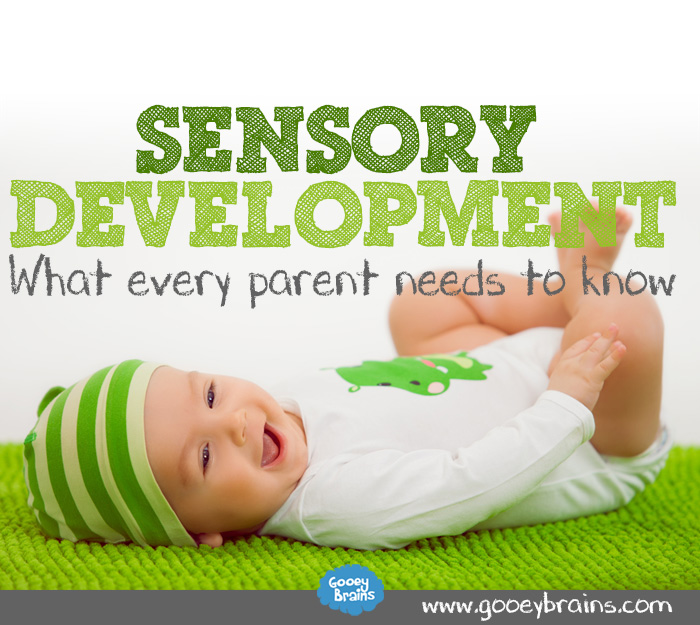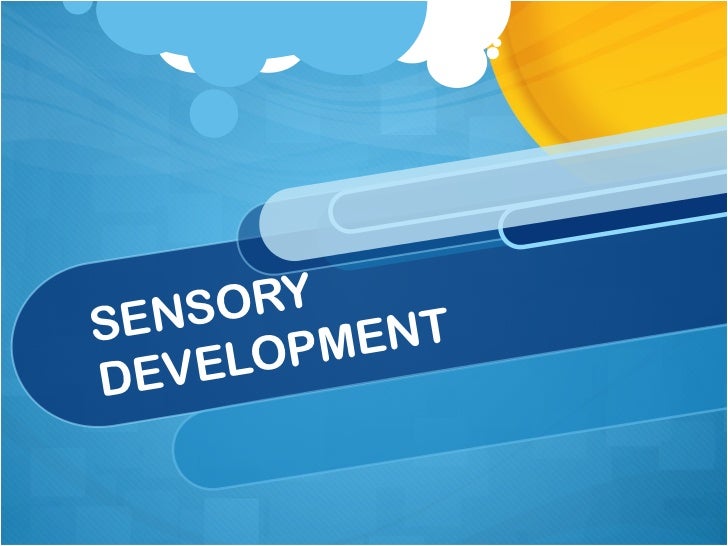
Infographics Infant Development First Year Life Stock Vector (Royalty Free) 1292665153
ADVERTISEMENTS: This article throws light upon the top seven aspects of sensory development in child during first year. The aspects are: 1. Vision 2. Hearing 3. Olfaction 4. Gustation 5. Thermal Sensitivity 6. Pain 7. Static, Kinesthetic Sensitivity. Sensory Development: Aspect # 1. Vision: In the human embryo, the development of the essential neural mechanism […]

Self Regulation Sensory Strategies Starter Kit (Printable PDF) Sensory classroom, Calming
Ninth month. Tenth month. Eleventh month. Twelfth month. See a doctor. Takeaway. Buckle up, parents! Your baby's first year is a whirlwind of milestones. You've already seen them take their.

Sensory Development In Infants What every parent needs to know
Sensory development milestones in a baby's first 12 months. During baby's first 12 months of life, their 5 senses develop at an incredible rate. Here are a few of the most important sensory development milestones for babies: Vision. Seeing in Colour (4 months) - Vision is very limited in the early days of a baby's life but from 2 weeks.

Sensory Receptors pediagenosis
Summary. Infants undergo an incredible amount of sensory development during the first year of life—and it all starts from birth! From recognizing familiar faces and distinguishing between similar sounding words at a few months old to identifying colors and patterns at 8-9 months old—babies go through an impressive amount of visual and auditory growth before even reaching 1 year old!

Sensory development is an important stage in your child’s life as they are starting to crawl and
Find out what the importance of sensory development in children is and how they learn through their seven senses.. Between 1 year and 18 months, children have the same vision as an adult.. During the first few years of life perceptual development mainly revolves around the senses of touch and movement. As the child grows and moves towards.

Our Learning Library The Sensory Sessions
Overview of Sensory Development. As infants and children grow, their senses play a vital role in encouraging and stimulating the mind and in helping them observe their surroundings. Two terms are essential to understand when learning about the senses. The first is sensation, or the interaction of information with the sensory receptors.

Early experiences affect the quality of that architecture by establishing either a sturdy or a fragile foundation for all of the learning, health and behavior that follow. In the first few years of life, more than 1 million new neural connections are formed every second. After this period of rapid proliferation, connections are reduced through.

50+ Affordable Sensory Play Activities for Children's Brain Development Baby sensory play
Sight, smell, hearing, touch, and taste all develop faster during the first 12 months of life than during any time thereafter. As a baby's senses become more refined, their unique preferences and responses begin to reveal themselves, and their personalities begin to shine. 0-3 Months. Sight: Limited colour, begins to make eye contact.

Infantino
A baby starts to become aware through sight, touch, taste, smell, and hearing. Babies' sensory and motor development generally follows a typical pattern. At 1 month of age, babies' neck muscles are not developed enough to support their heads for long stretches of time. Babies can lift their heads only briefly when lying on their stomachs.

The Simple Guide to Sensory Development in Children Empowered Parents
The first year of your baby's life revolves around these advancements. One such aspect is sensory development in babies. The senses of sight, smell, touch, taste and hearing grow by leaps and bounds in the first 12 months of a baby's life and are almost fully developed by their first birthday. This refinement of senses gives your baby their.

The Simple Guide to Sensory Development in Children Empowered Parents
Describe changes in perceptual abilities across the first year of life. Throughout much of history, the newborn was considered a passive, disorganized being who possessed minimal abilities.. Balaban, M. T. & Reisenauer, C. D. (2013). Sensory development. In N. J. Salkind (Ed.), Encyclopedia of human development (pp. 1144-1147). Sage.

Multisensory impairment Educational Psychology & Specialist Support
The first months and years of life mark the most rapid periods of growth and development for the human brain. The neural pathways that develop during this time lay the foundation for the people we will become. After 40 weeks in the womb, a baby's brain weighs about 370 grams (or 13 ounces). Just shy of a pound, it accounts for a remarkably.

Why sensory development skills are important at daycare Centre Learning, Early Learning, Sensory
Your baby's sense of touch. Touch is your baby's first sense to develop, starting around 7 weeks of pregnancy. Once your baby's born, touch plays a key role in their bonding process with you as you feed, cuddle, and bathe them. Touch is also an important way to soothe and calm your baby - they thrive on skin-to-skin contact with you.

Pinterest Sensory processing disorder, Sensory processing, Processing disorder
Sensory Development. As infants and children grow, their senses play a vital role in encouraging and stimulating the mind and in helping them observe their surroundings. Two terms are important to understand when learning about the senses.. Even on the first day of life, infants orient to their mother's odor and are soothed, when crying.

PPT CHAPTER 5 PowerPoint Presentation ID524771
We often focus on what infants are learning, but how they learn is important too. Children's approaches to learning span four areas of development: Emotional and behavior self-regulation. Cognitive self-regulation. Initiative and curiosity. Creativity.

08 sensory development
Babies are born with the ability to focus only at close range. This is about 8 to 10 inches, or the distance between a mother's face to the baby in her arms. Babies are able to follow or track an object in the first few weeks of life. Focus improves over the first 2 to 3 years of life to a normal 20/20 vision. Newborns can detect light and dark.